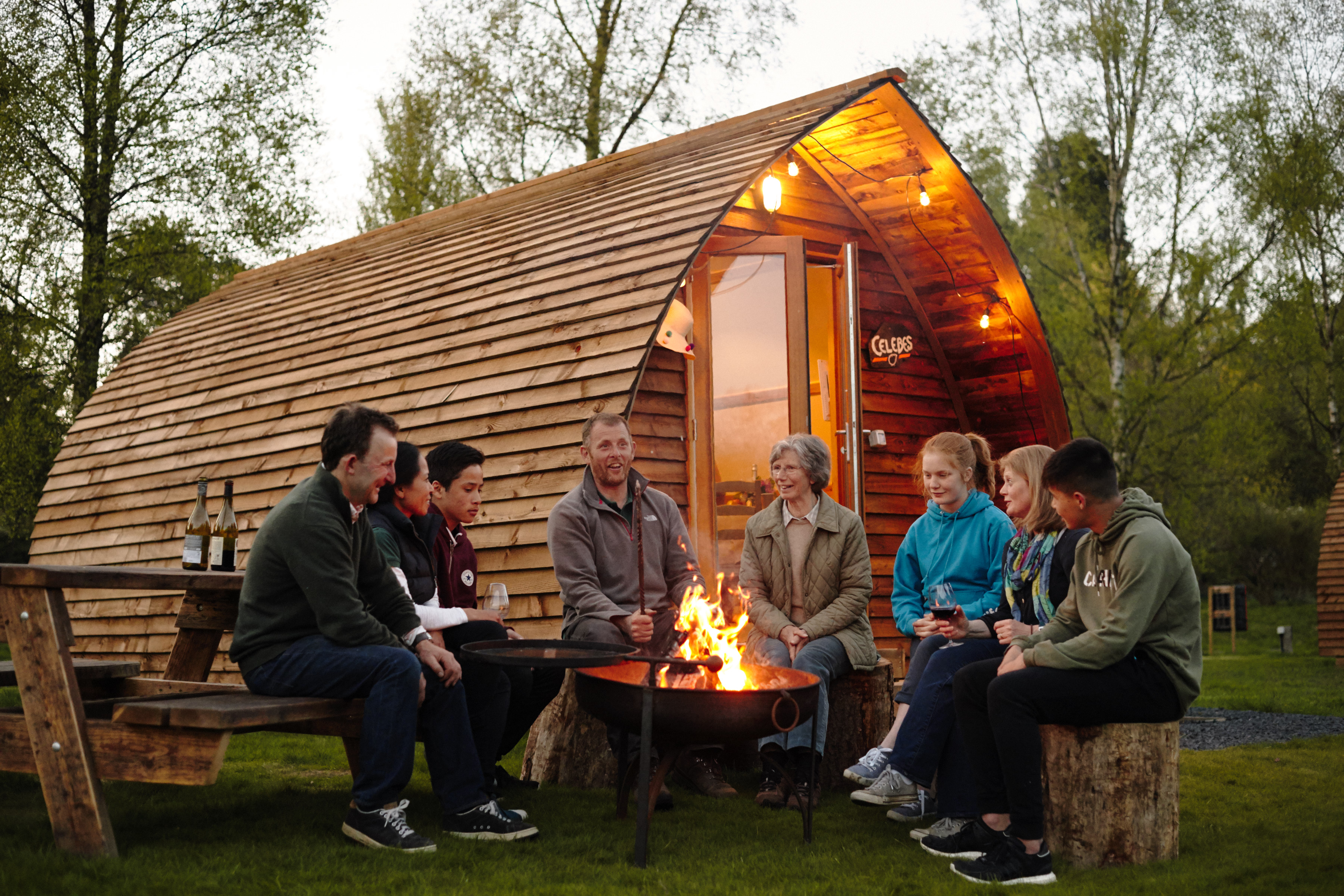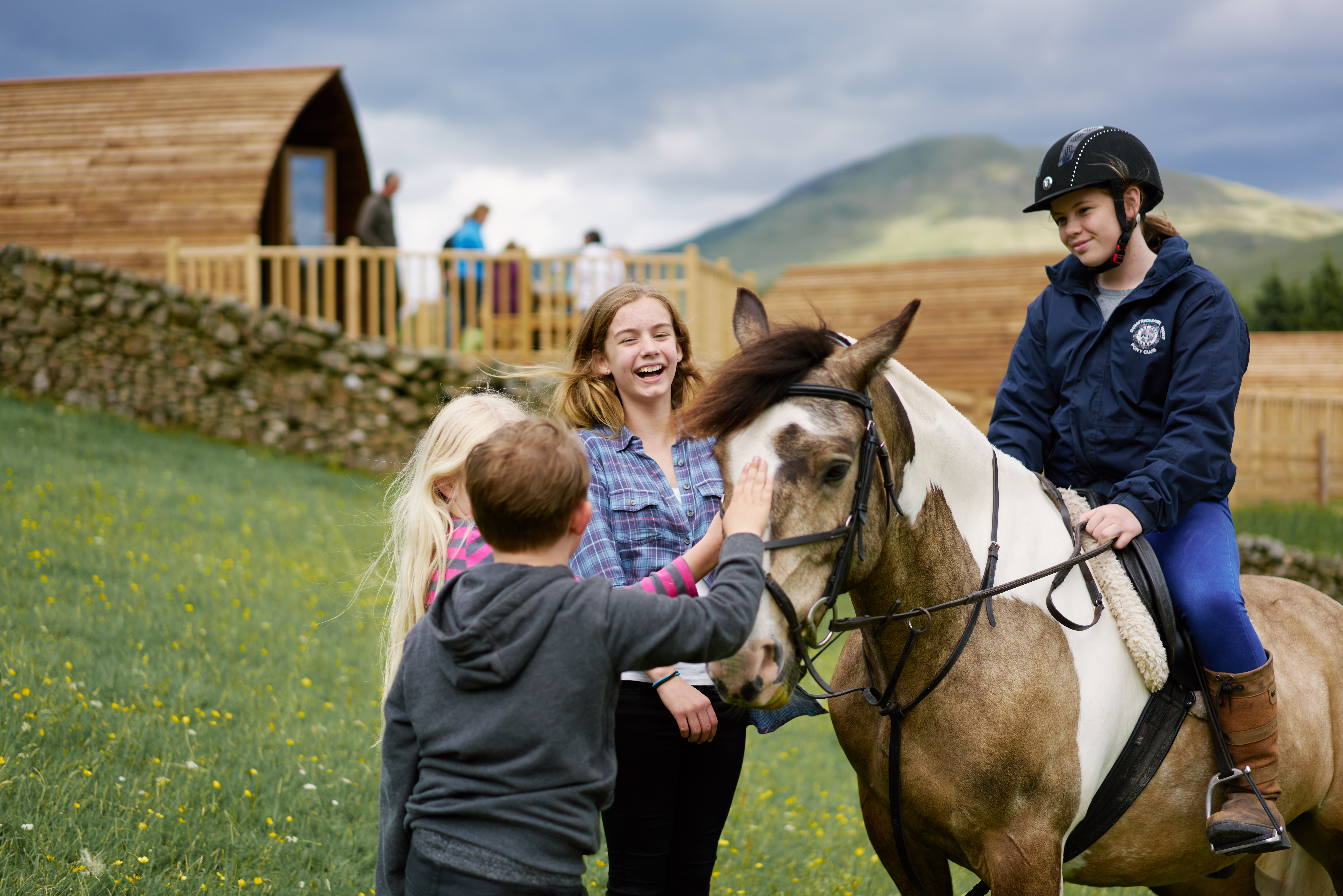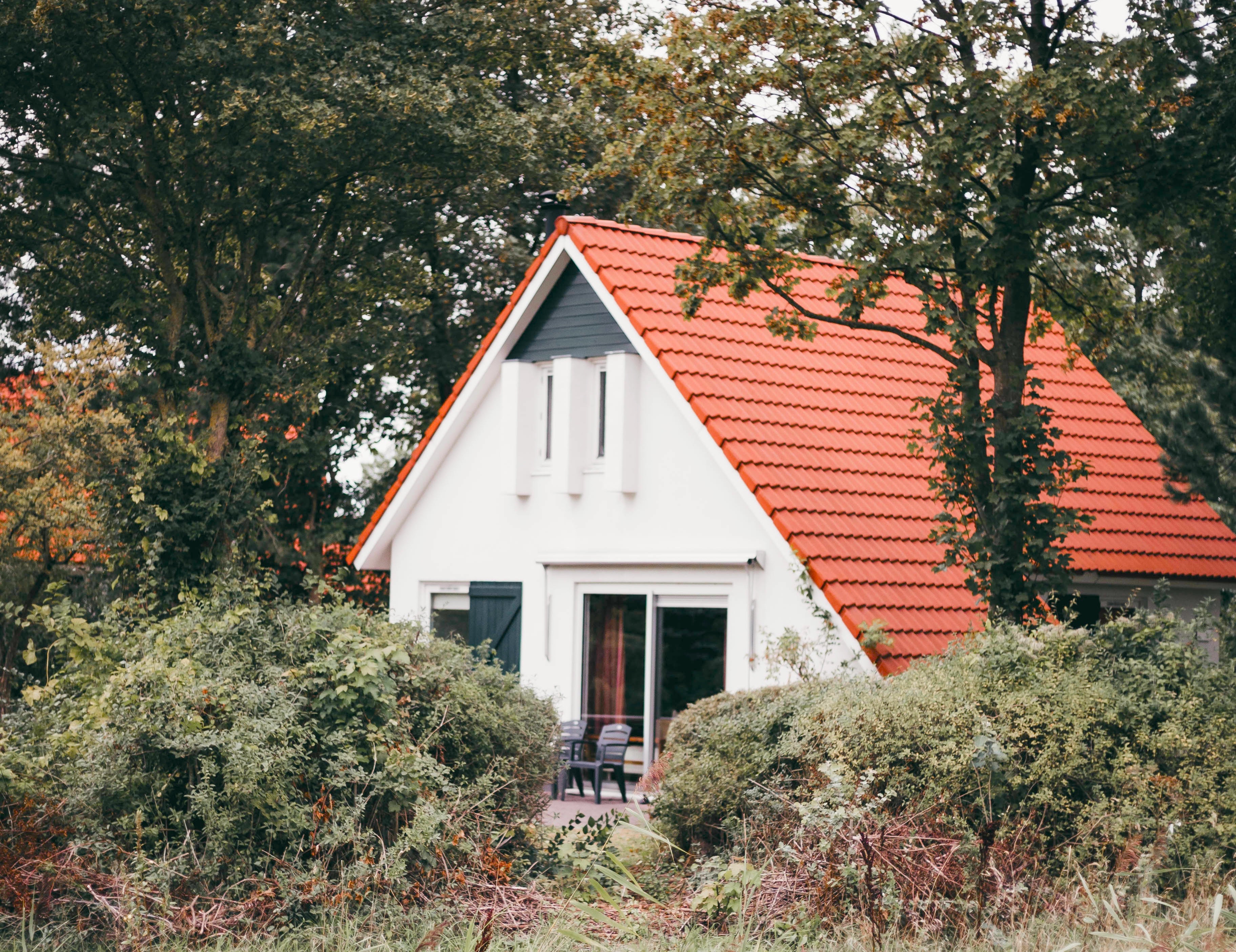
Is Starting A Glamping Business The Right Option For You?
If you’re interested in getting started in the hospitality industry, you’ve probably devoted lots of time to figuring out what the right option for you is: a bed and breakfast, some holiday cottages or maybe a campsite.
As a company that has operated in the glamping industry since 1992, we’d like to share some of our insight into how camping pods differ from other accommodation types and why the time to get started in this growing industry is right now.Today, we’re going over some reasons for why glamping has become so popular in recent years. We’ll also compare camping pods to other holiday accommodation types in order for you to find the right option for your staycation business.
The industry is thriving & continues to grow
The outdoor hospitality industry is growing at an impressive rate and now is the right time to get on board. According to market analysis by Mintel, the UK’s camping and caravanning industry is set to be worth £3.2 billion in 2020. Within just a few years, glamping has become a household name for UK vacationers looking to save money, reconnect with nature and discover new parts of their local area. In fact, 15.7 million camping trips were taken in the UK in 2018 alone.
So what’s the reason for this massive growth? There are a few possible answers. First of all, in times of economic uncertainty, ditching expensive holidays to the other side of the world in favour of cosy staycations makes more sense. A glamping holiday is more affordable as you won’t have to pay as much for your travel and because camping pods are generally more affordable than hotels.
Second of all, as the UK is figuring out its next steps with ever-shifting Brexit plans, many people feel uneasy about booking holidays abroad. They worry about prices increasing as the pound weakens and about their access to healthcare abroad. Experts say that these anxieties are likely to boost the staycation industry.
Unstable global politics also has a part to play here: as some popular destinations, such as Turkey and Egypt, are facing a time of political upheaval, more people are opting to stay closer to home on their holidays.
Shorter breaks have also risen in popularity in recent years, with more and more people shunning the traditional two-week annual leave holiday in favour for several shorter breaks throughout the year. Many of these shorter breaks are spent on “staycations” closer to home.

Glamping is great for farm & income diversification
If you’re interested in farm diversification or introducing more income streams, a glamping business is a great option. A glamping site has relatively low setup costs and generates healthy profits.
Farmers across the UK are turning to glamping to secure their incomes from their farmland. As EU legislation makes the prices of agricultural products volatile, a small glamping business is a good way to add some more stability into your income. For older people, getting involved in the glamping industry could mean they’re able to retire from farming, or leave different parts of the farm for different family members to run.
As Britons are reducing their meat consumption due to environmental reasons among other concerns, many livestock farmers have found glamping to be a good farm business to run on the side. Similarly, glamping can offer financial security to produce farmers in years when crops are not a good as expected.
It makes camping more accessible
Traditional camping has always had its devoted fans: those who’ve been happy to part with some of the creature comforts of their home in exchange for a return to nature, nights under the stars and days exploring the great outdoors. However, traditional camping is not for everyone.
Some people simply can’t imagine going without electricity, heating or their own bathroom for several days. That’s where glamping comes in: it makes outdoor living more appealing for people who might not have considered camping in the past. With many glamping pods - including a good number of Wigwam® cabins - offering disabled access, there’s no reason why anyone couldn’t enjoy a camping holiday. Because of this, glamping enables you to capture a larger audience.
Glamping offers eco-friendly staycations
An increasing number of people are concerned about the environmental impact their holidays are making, which is one of the reasons why more and more people are interested in staycations. On average, people travel around two hours to get to their glamping site. There’s no need for air travel and many people take public transport to their destination.
A staycation is not only an eco-friendly option, but allows you to better acquaint yourself with your area as well as giving you a chance to really appreciate the natural beauty that can be found right here in the UK.
How camping pods differ from other accommodation types
Camping pods vs. a bed & breakfast
When it comes to farm diversification, a bed and breakfast is often one of the first options that spring to mind. Transforming a part of your home or an existing building on your land into some bedrooms for visitors is a great option for a couple of reasons.
First of all, setup is fairly easy and doesn’t cost too much. Even if you need to make some renovations in order to offer en suite rooms, this is not as costly as building completely new structures. You’ll also be less likely to need planning permission for your business.
That being said, running a B&B is not for everyone. Especially if you’re renting out bedrooms in the building you and your family live in, you might feel like you’re lacking privacy. Noise might be another concern. There’s also more upkeep that comes with a B&B as you’ll be expected to provide breakfast and clean the rooms daily.

Camping pods vs. self-catering chalets
There are several similarities between these types of glamping accommodation. Self-catering chalets and holiday cottages offer some of the same creature comforts as camping pods, such as good insulation, heating, electricity and running water. They also give you as a business owner more privacy than a bed and breakfast and you won’t have to provide meals for your guests.
However, while chalets have to be built onsite, camping pods arrive prebuilt, making getting your glamping site up and running much easier. Chalets and similar small houses also have higher overhead costs but often lower profits than camping pods.
To erect two chalets, you’ll need about £300,000. From this initial investment, you can expect to earn about £30-40,000 a year. In contrast, you could install six Wigwam® camping pods for about £250,000 and expect to earn about £50-60,000 a year, making them a better investment.
Camping pods vs. a traditional campsite
Finally, let’s compare running a glamping site to a traditional camping site. The most obvious plus side to a traditional campsite is that you won’t have to offer accommodation to your guests, as they’ll bring their own tents and caravans to stay in. This means that starting a camping site is often cheaper and requires less paperwork.
Despite this, a camping site isn’t necessarily the best option for you financially. First of all, you’ll miss out on the people who aren’t interested in traditional camping or don’t have access to a tent or a caravan.
Second of all, your guests will expect to see certain facilities, so you’ll likely still need to build things like washrooms and a communal kitchen. These require planning permission and investment from you. Unfortunately, setting up a campsite isn’t as simple as just setting up shop in an empty field.
Interested in starting a glamping business?
If you’re interested in starting out in the glamping industry, you can read more about becoming a Wigwam® franchisee below. Make sure to read more of our articles about getting started with your glamping business here and check out the different Wigwam® models we offer here.

